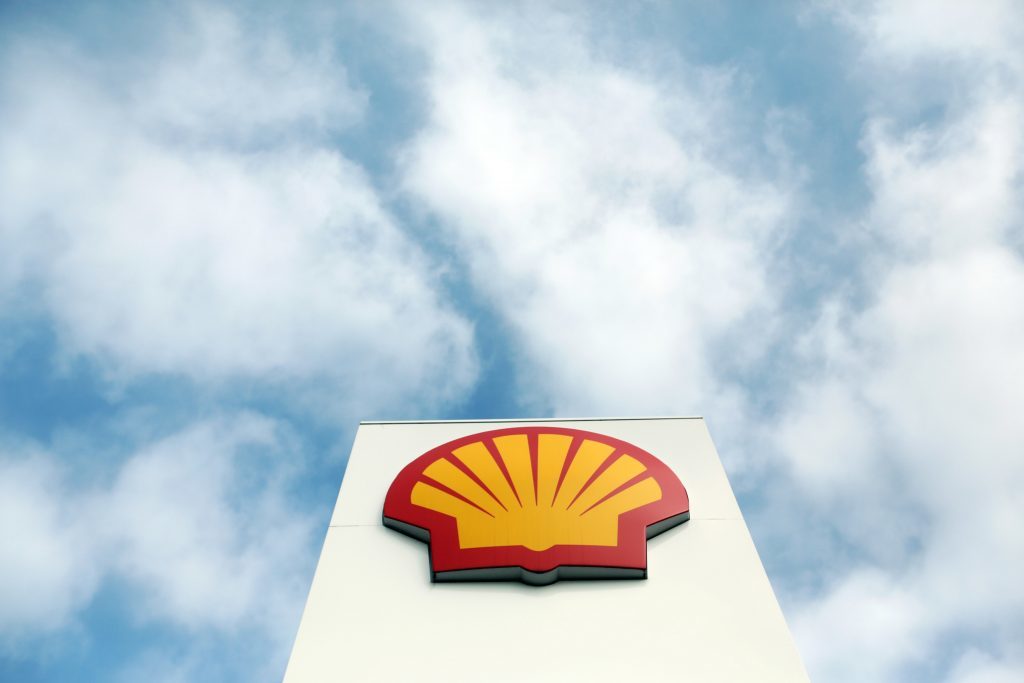
Shell’s boss today hailed 2017 as a “year of transformation” for the oil major after recording a jump in earnings.
The Anglo-Dutch giant said higher oil, gas and LNG prices and increased production from new fields drove its adjusted earnings up 119% to £11.1billion for the full year.
Brent crude recently topped $71 per barrel for the first time since 2014 thanks to Opec-led output reductions and declining US stockpiles.
Shell also reported a £5.6billion reduction in net debts.
Chief executive Ben van Beurden said the results showed Shell “has what it takes” to deliver a world-class investment case.
He said: “We enter 2018 with continued discipline and confidence, committed to the delivery of strong returns and cash.”
Shell completed the sale of upstream assets worth £2.29billion in the fourth quarter, including a package of North Sea assets to Chrysaor.
The company disposed of £12.2billion worth of assets during 2017. The sales form part of a £21billion-plus divestment programme aimed at balancing the books following Shell’s mega-merger with BG Group in 2016.
Mr van Beurden said £16.9billion worth of divestments had been completed and that Shell was close to reaching its target for 2016-18.
He described the programme as a crucial part of the push to simplify Shell’s portfolio.
Recent operational highlights include the decision to redevelop the Penguins oil and gas field in the UK North Sea.
Fourth-quarter production dropped 7% year-on-year due to divestments in Canada, the UK and Gabon.
Full-year revenues rocketed 31% to £215billion, while pre-tax profits increased by 223% to £12.8billion.
Cash flow from operations totalled £25.4billion in 2017, up 73% on 2016. Free cash flow came to £19.5billion.
But fourth quarter 2017 cash flow was £5billion, down 20% compared to the same period in 2016, and below market expectations, according to Biraj Borkhataria, analyst at RBC Capital Markets.
Mr Borkhataria said: “Shell has had a good year overall and we don’t want to read too much into one set of numbers.”
Recommended for you

